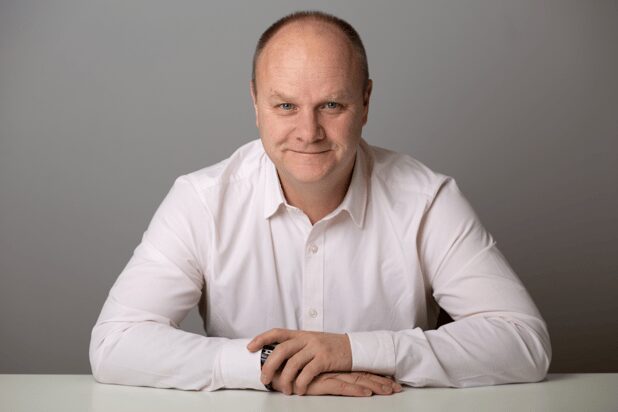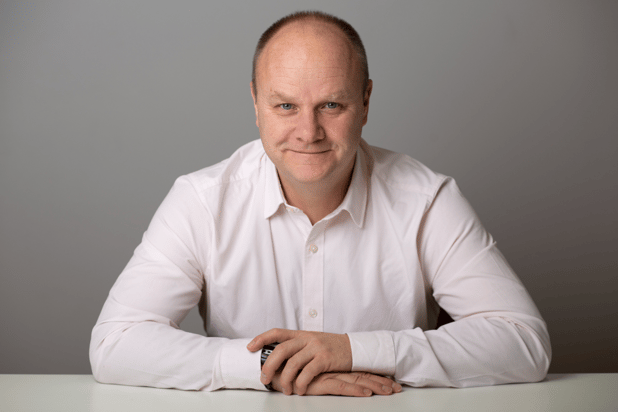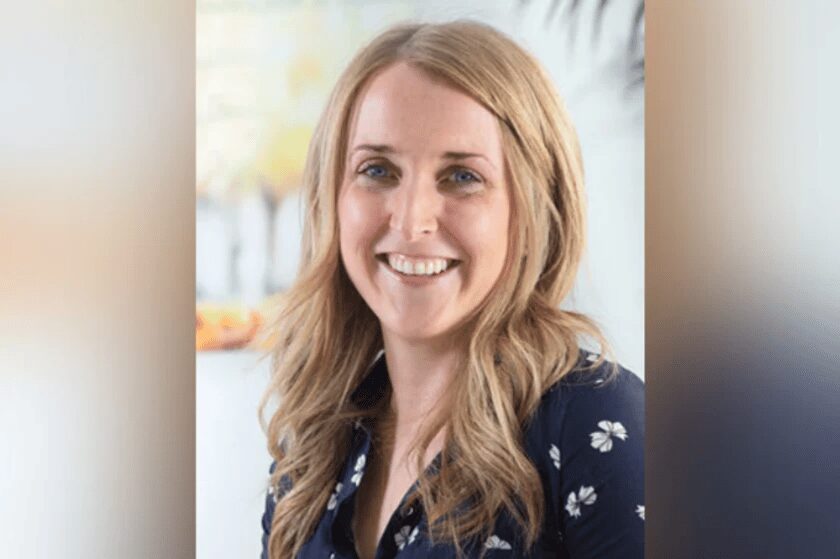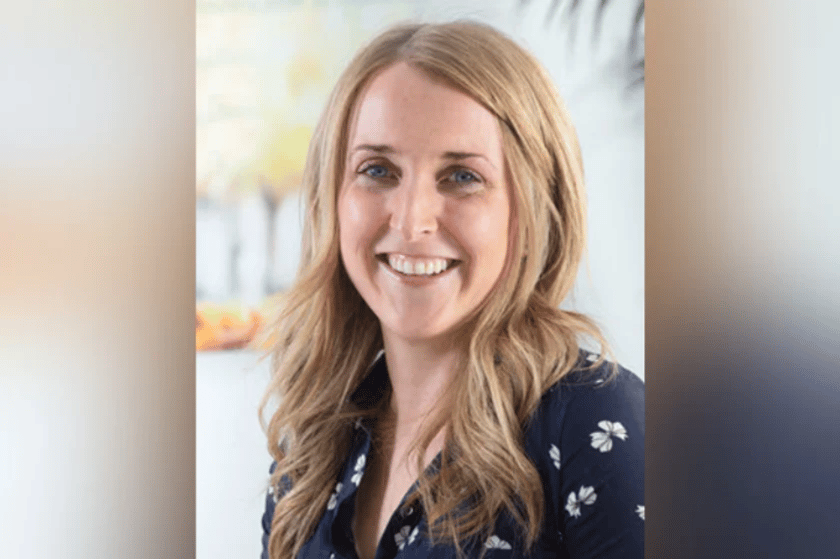
Veteran IT and operations exec steps into newly created role

Davies, a specialist professional services and technology firm serving insurance and highly regulated markets, has announced the appointment of Jen Morrissey (pictured above) to the newly created position of group chief operations officer. She will be based in the US.
Morrissey has more than 20 years of experience in leading global strategic information technology and operations in the risk management and professional services sectors, Davies said. Prior to joining Davies, she served as chief information officer at Union Risk Advisors. Morrissey also previously served in roles at Willis Towers Watson and Electronic Data Systems.
In her new role, Morrissey will oversee Davies’ global technology, transformation, M&A integration, procurement and real estate functions. She will report directly to group CEO Dan Saulter.
Morrissey’s appointment aligns with Davies’ new, simplified organisational structure, which organised its global operations across three business units: Global Solutions, UK & Ireland, and Davies US. Globally, Davies employs more than 7,000 people across 10 countries.
“This is a very exciting time to join Davies, and I’m looking forward to working alongside Dan and the wider team in our next phase of growth, continued transformation and positive disruption,” Morrissey said. “It has never been more crucial for a business to remain agile to help clients face the external challenges that our industry is currently undergoing.”
“I am delighted to welcome Jen to Davies,” Saulter said. “Her extensive experience as an executive leader and her in-depth knowledge of the industry will undoubtedly be a fantastic asset to the successful growth of the business. As we embark on our next phase of international growth and investment, it is important that we position our business units and leadership so we can best serve our 1,500-plus clients across the globe.”
Have something to say about this story? Let us know in the comments below.
Related Stories
Keep up with the latest news and events
Join our mailing list, it’s free!

This page requires JavaScript
















